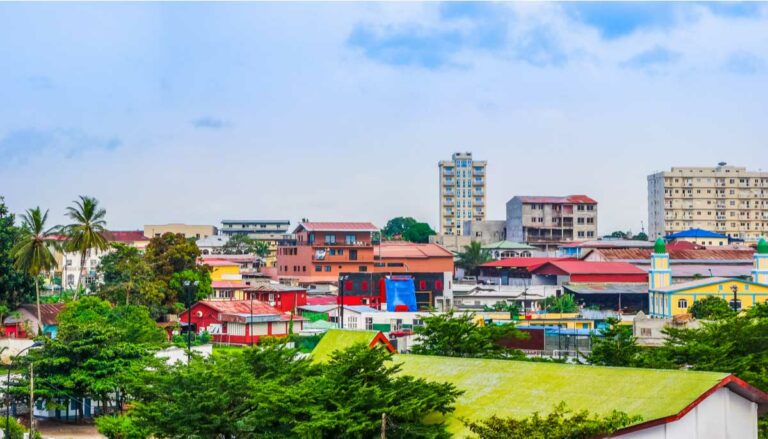In early March, a series of explosions in the Equatorial Guinea city of Bata rocked the harbor and demolished buildings. Over 100 people died in the explosion or of the resulting injuries, and the country’s long-running president Teodoro Obiang Nguema Mbasogo blamed the military’s mishandling of a stockpile of dynamite for the explosion.
Over 600 people were injured in the blast, and the country’s Health Ministry warned that the death toll was made worse by overcrowded hospitals and the lack of proper ambulances to carry victims to medical attention. Volunteers crowded the city, turning over rubble and using their personal vehicles to rush the injured to hospitals.
Opposition parties in the country blamed corruption, mismanagement, and the current government for the series of institutional failures that led to the explosion and deaths. They contend that the explosions reveal deep corruption at the heart of their country’s government.
Corruption Concerns
Equatorial Guinea is not a poor nation: despite a population of only 1.5 million, they boast the third-largest oil reserves of any African nation. While the average income is one of the highest on the continent, many people live on less than $2 per day. President Obiang is often derided by opposition parties as a corrupt and incompetent president, having served since 1979 in the longest unbroken term of any president in the world.
Despite the country’s richness in oil, pundits within Equatorial Guinea have noted that the country has a lot of money coming in but it mismanaged, meaning there is little savings in the treasury to show for their supposed wealth. When the oil industry dipped horrendously in the early part of 2020, the country suffered greatly from a sudden economic downturn.
What’s Next?
Now, opposing political forces are alleging that President Obiang has greatly mishandled the crisis. “Seeing the injured arriving in taxis and vans, without ambulances, is a sufficient indicator that Equatorial Guinea is in very bad hands,” wrote Convergence for Social Democracy, a prominent Obiang opposition party. “There is no government.”
International onlookers have noted the similarities between the Bata explosions and the August 2020 Beirut Explosion. Both explosions were due to improper storage of explosives, and both were triggered by an undetected fire. And, moreover, both were ultimately blamed on government corruption leading to lax protections for citizens: in the case of Beirut, a large stockpile of ammonium nitrate was being stored in improper quantities in a warehouse, and a freak warehouse fire detonated the stockpile.





